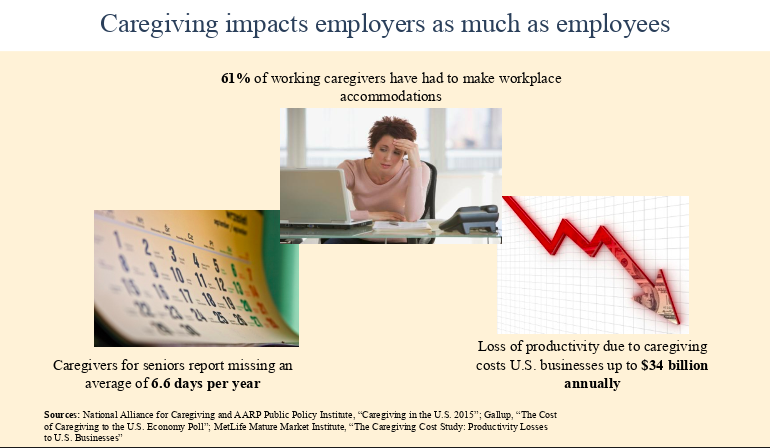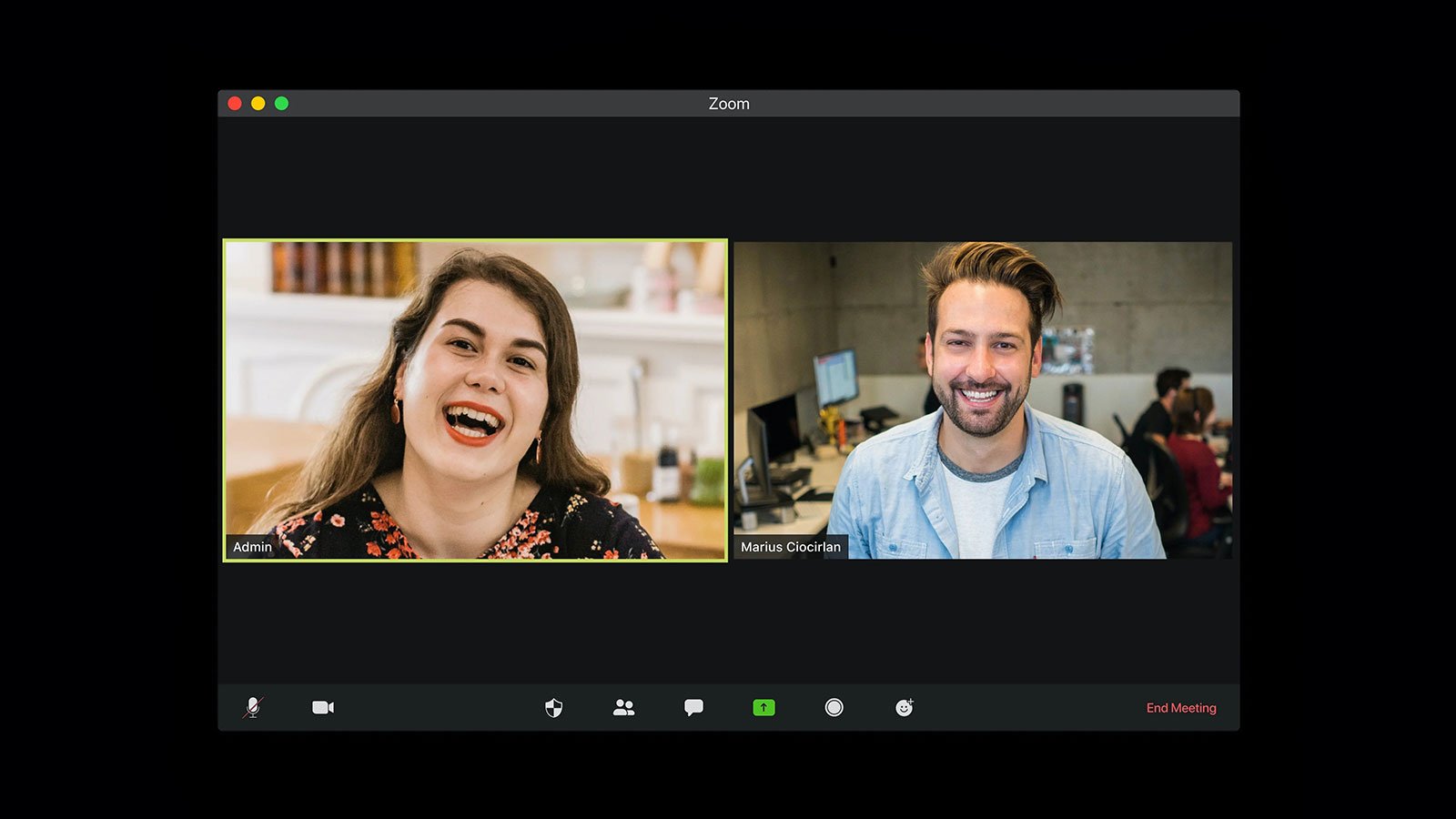Best Practices & Tactics for Employee Caregiver Benefits

Yesterday, Torchlight was honored to host an educational webinar, “Best Practices in Corporate Caregiving – Real Results.” Our conversation with ReACT and two of its member companies centered around the best practices that these world-class employers are implementing to support their employees in times of both family crisis and everyday challenges. The speakers also discussed the critical need for companies to provide support and tools related to caregiving for their employees, given the significant impact that it has on the workforce. The participants featured Drew Holzapfel, ReACT Convener and Managing Director of High Lantern Group; Abby Smith, International & Corporate HR Program Consultant, UPMC Corporate Services; and Laura Poskin, Director, United for Seniors, United Way of Southwestern Pennsylvania. It was a fantastic way to spend a lunch hour and gain valuable insights about the national caregiving crisis and tactical steps that businesses can take. If you missed it, you can access the On-Demand recording and full presentation below.
Why Should I Care about ReACT and these Companies
We brought together these specific speakers, as they are part of ReACT, a national coalition of large, influential corporations in the United States, which include the likes of CBS, Pfizer, FannieMae, Emory University, and Phillips. The employer coalition was launched seven years ago at the World Economic Forum and is dedicated to addressing the challenges faced by employee caregivers and to reducing the impact on the companies that employ them. ReACT represents over 1 million employees through its membership of more than 40 companies and non-profit organizations.
Both UPMC and the United Way are two years into their caregiver program execution and related data collection. They have achieved measurable results and focused heavily on their employee communications, manager training programs and specific tactics to support employees across a variety of job types, demographics and needs. Both companies are a true example of how any organization can implement caregiver support across their entire base, but also do so in an incremental manner, as we have suggested in the past as well.

Are Caregiving Benefits Really Important?
All three speakers emphasized the urgency around the need for executive teams and HR departments to address the large percentage of caregivers in their workforce. Poskin answered an attendee’s question about the real need for such benefits by stating, “It’s a need now…older adults are relying on our family caregivers to step up to the plate so employers need to be thinking about this, too. I would say the time is now.” Similarly, Smith commented, “This is definitely an important piece. It’s very common, it’s timely, don’t hesitate to get started. Anything helps. So just getting that conversation started in terms of evaluating what current programs you have available. Change can happen in any capacity.” Holzapfel share sobering facts that 50% of employee caregivers are all under the age of 50, and that while most caregivers are still employed women, the number of male primary caregivers has risen dramatically.
OK – but How?
Addressing the demands of the employee caregiver may seem like a large and daunting issues for Human Resources. However, the financial returns to your organization are real and the cost of not doing anything is equally as daunting. Throughout the hour, speakers shared incremental ways in which any company can start. A summary of some of the details they discussed are:
- Importance of surveys, demographic review and assessing current benefits
- Current culture matters for utilization and how to begin to create needed change
- Internal marketing communication to employees is key and steps to take
- Specific initial lower cost options, including, easy to implement, online tools and services
- Data measurement is critical and steps to do so
- How to address the number one challenge for utilization of family and caregiver benefits
ReACT, United Way, UPMC and Torchlight are committed to raising the conversation about the critical need for organizations to support the caregivers in the workforce and the impact their stress has on organizations. We invite you to download and watch the full presentation in an On-Demand manner. Also, please do not hesitate to reach out to us to talk about easy and simple ways to get started. We can also connect you with any of our speakers for further discussion.



